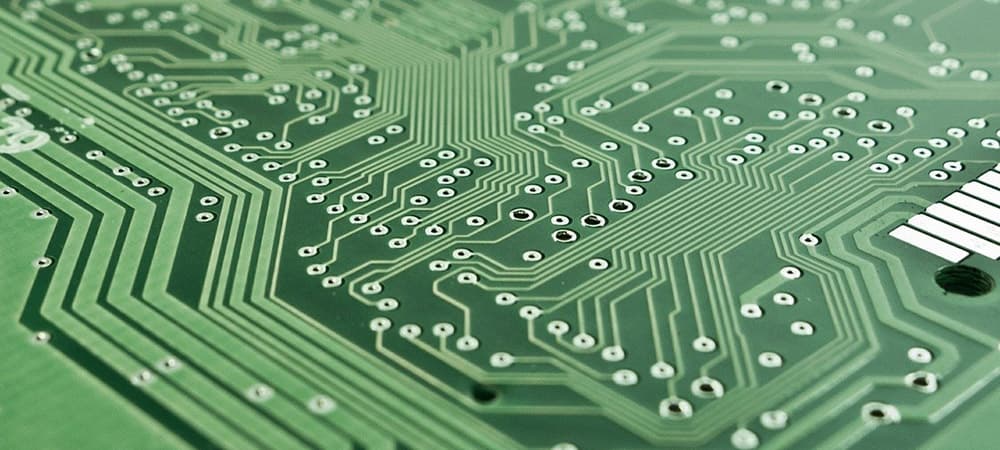We use cookies to offer you a better experience. For more information on how we use cookies you can read our Cookie and Privacy Policy.
COVID-19 Computer Science Virtual Resource Center
October 25, 2023

COVID-19 has had an unprecedented effect on children's educational experience. Schools and parents have had to increase their technological awareness to make sure that children can continue their education without falling behind. Computers, smartphones, and tablets are important resources that can connect children to their teachers and classmates. Many children are being homeschooled and are spending a lot of time online.
That's why it's crucial to find educational websites that can keep children entertained while they learn. Fun educational websites can grab their attention so kids won't be tempted to waste their time on social media sites or YouTube. Understanding the technology behind computers, specifically computer science, has also become extremely important.
The COVID-19 pandemic caught educators by surprise, and children lost critical learning time while online educational tools were prepared and refined. The future requires a generation that is knowledgeable about computer science and prepared to adapt computer systems to suit real-world needs and emergencies.
Introduction to Programming Languages
- Key Programming Languages: The world of computer science is a multilingual one, and different programming languages are suitable for different types of websites and applications.
- HTML: HTML gives you the building blocks to create basic websites. Developers use HTML to design Web pages and add text, photos, and videos.
- Java: Java is a programming language that's based on classifying entities into categories and specifying a set of instructions for each category and sub-category.
- Python: Python is a standard programming language that can be used to create software and games.
- CSS: CSS is used as a complementary language to HTML and helps website developers add design elements to Web pages.
Coding Games and Activities
- SQL Murder Mystery: Can you use your coding abilities to solve this mystery?
- Untrusted: Untrusted is a coding game that teaches players how to use JavaScript.
- Flexbox Defense: Flexbox Defense is a spinoff of a classic medieval defence game, except the commands are based on CSS.
- VIM Adventures: VIM is a code editor, and this game teaches you how to use basic VIM tools.
- A Minecraft Hero's Journey : Based on the popular video game, this activity lets you use coding skills to guide your hero on their way.
How to Build a Website
- Website Creation Guide: Creating your own website is easy if you follow this detailed guide.
- Designing a Website: Does your website fulfil its purpose? Is it easy to navigate? Read these website design principles before designing your site.
- Linking to Web Pages: Use HTML to link Web pages together so you have a functional and navigable website.
- Three Ways to Get Graphics for Your Website: You can either create your own graphics or source your graphics from paid or free websites.
- Choosing a Domain Name: The domain name is the name of your website. It should be memorable and easy to type.
Computer History
- History of Computers: A Brief Timeline: The earliest predecessor of the modern computer was a loom that used punch cards. Now, scientists are investigating whether molecules can be used as computers!
- ENIAC: The ENIAC was the first supercomputer, and it was so big that it needed its own room.
- What Is COBOL?: COBOL was one of the first high-level programming languages.
- The Invention of the Integrated Circuit: The integrated circuit was invented in 1961 by two separate researchers, providing the basis for the development of modern computer chips.
- The First PC: IBM invented the first personal computer, called the Acorn.
History of the Internet
- The Invention of the Internet: ARPANET was the first network that had characteristics of the modern Internet.
- A Brief History of the Internet: The Internet evolved as scientists searched for ways to connect individual computers to a shared network.
- Short History of Early Search Engines: Learn about the search engines that people used before Google.
- The First Email: Computer scientist Ray Tomlinson sent the first email in 1971.
- A Brief History of Instant Messaging: The first instant messaging applications were created in the late 1980s.
Computer Science Pioneers
- Tim Berners-Lee: Tim Berners-Lee was knighted in recognition of his achievement of inventing the World Wide Web.
- Alan Turing: Turing never worked on a computer, but he was famous for cracking the Enigma code.
- John von Neumann: John von Neumann made significant advances in the field of quantum mechanics and was a renowned mathematician and computer scientist.
- Larry Page: Larry Page is famous for founding Google along with Sergey Brin.
- Linus Torvalds: Linus Torvalds created the eponymous Linux kernel, upon which Android and Chrome were built.
Article reposted with permission from HP Tech Takes.






